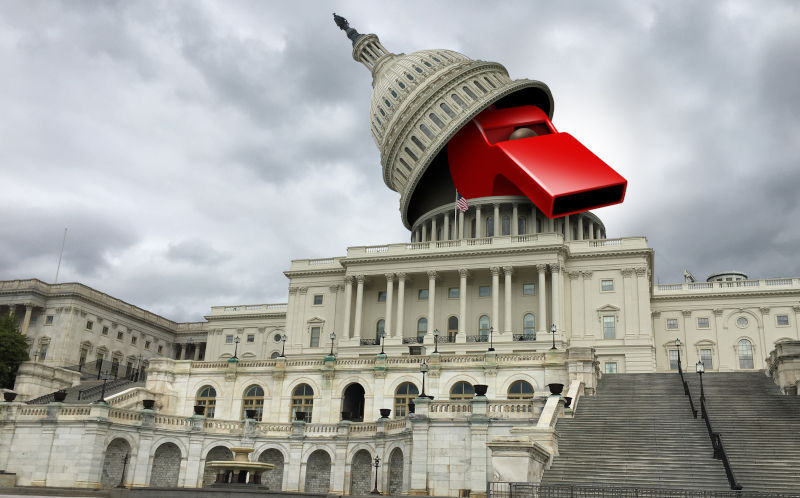The suffering of Snowdon and Assange
June 22, 2023
A recent article by Ben Bradley in The New Yorker magazine, Daniel Ellsbergs life beyond the Pentagon Papers made me think again about the fate of the two courageous anti-American whistleblowers, Edward Snowdon and Julian Assange.
Daniel Ellsberg, who is regarded as the first whistleblower in United States, died recently at the ripe old age of 92. As he admitted himself, he had a comfortable and happy life, despite being accused of treason for revealing the truth behind Americas involvement in the Vietnam war, by publishing the Pentagon Papers in 1971.
For various political reasons, and because he threatened to reveal secret documents related to US plans to employ nuclear weapons - which were later lost - he avoided a conviction and life-long imprisonment. This allowed him to continue his political activism against Americas involvement in Wars, in numerousanti-nuclear protests, and to provide support for whistleblowers, without major consequences for his life. He was very lucky that he didnt have to pay a high price for his political stance.
In that he can be compared to the prominent political dissenter Noam Chomsky, who has written numerous books highly critical of Americas imperialist foreign policy around the world, but has been able live a comfortable life and pursue a very successful career in his home country.
Ellsberg and Chomsky were regarded as very dangerous persons at some stage, but their iconic status as high profile critics protected them. What probably also helped them was the fact that their critical stance did not fundamentally change the imperialist politics of the United States governments. As Chomsky said in an interview in 2O14, every US president since Vietnam was involved in some war crimes, especially in Asia and Latin America. And as we know, US interference in other nations continues today.
Critical intellectuals can play an important role in exposing the ‘crimes’ of governments, and even temporarily have some positive impact, as in the Vietnam years, but they dont really change the course of history. That was already the case during Britains colonial times, when it was not the criticism by left-leaning intellectuals, but changes in global economic development, and the desire of Third World countries for independence, which ended colonialism.
Surprisingly, the author Ben Bradley does not mention Edward Snowdon and Julian Assange, who have had to deal with very serious punishments. Snowdon, now largely forgotten by the media, fled to Russia ten years ago, to avoid prosecution. It is difficult to know how he fares in his adopted country, but ironically, living in Russia gives him at least the most fundamental of personal freedoms, the habeas corpus.
Assange has suffered a much more difficult fate ever since he published the Wikileaks documents. Being held in a high security English prison, with little chance of clemency, he is now fearing for his extradition to the United States which would most-likely mean life-long imprisonment.
Snowdon and Assange are relentlessly pursued by the US government to pay for their crimes. They are victims of the efforts by the United States to uphold an image of moral superiority and political propriety, unwilling to admit to any serious flaws in the system, and unable to concede that terrible things have been done in foreign policy since the Vietnam War. Just like big institutions, powerful countries dont like their bad secrets exposed. It would damage their national Ego, and undermine their perceived power.
Since my youth, growing up in post-war Germany, America has for me been the country of personal freedom and social opportunity, first nourished by popular culture stories about the Wild West, and later confirmed by the hippie and black power and student movements of the sixties, which gave a sense of personal liberation to some sections of the population in what was once called the Free World.
But when I studied in California for a year in 1968, my positive image began to splinter as I realised first hand that behind the facade of freedom and opportunity, American society was full of contradictions and inequalities, aggravated by the disaster of Vietnam and the repressive nature of the Cold War. And I learnt to understand that despite all the rhetoric, the highest goal of American society is not to be free and fair, but to make money.
Big and powerful nations find it difficult to be self-critical. It is much easier to blame the opponent or enemy - as happened constantly during the old Cold War, and is now happening again in the new conflict with China - than to admit to your own faults and limitations. Thats why the few courageous individuals like Snowdon and Assange, who stand up against an overwhelming power, have to suffer so much.

